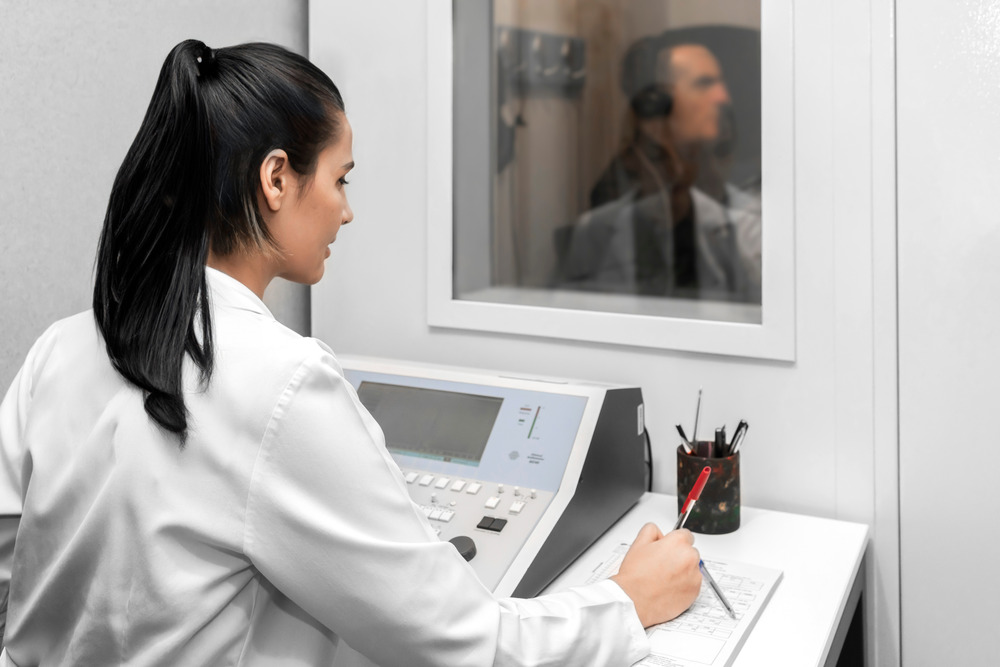Today marks the beginning of mental health awareness week, a crucial week to discuss the ongoing impact that mental health can have in the workplace – and beyond.
Back in 2017, the Stevenson-Farmer ‘Thriving at Work’ report found that up to 300,000 people per year with long-term mental health problems lose their job, and it was estimated that up to 15% of people at work have symptoms of an existing mental health condition.
Over the course of the pandemic, these figures have worsened: the Office for National Statistics (ONS) suggests that levels of life satisfaction, happiness and the sense that the things we do are worthwhile have all tumbled since March of 2020.
The cost to companies cannot be underestimated. A study commissioned by Deloitte investigated the knock-on effects of decreased mental health in the workplace and discovered many detrimental results. These include:
-
Employers incur costs of between £53 to 56 billion per annum
Total annual costs have increased by up to 25% from 2019, a staggering number which has no doubt been exacerbated by the pandemic and amounts to over 2.6% of the UK’s annual Gross Domestic Product (GDP). Over half of these costs incurred are down to ‘presenteeism’ – people attending work but underperforming due to poor mental health – whilst the remainder is down to sickness absence and staff turnover. Simply put, people with mental health problems are less likely to attend work, less likely to perform at work and less likely to want to continue with their jobs.
-
Employers see a return of £5.30 for every £1 invested in staff mental health
Through methods such as screening, training, general awareness of mental health issues as well as targeted interventions and the offer of personal therapy, employers can go quite some way towards alleviating some of the huge financial strain that can come about through poor mental health.
-
The ‘Great Resignation’
Deloitte’s survey found that nearly thirty per cent of employees (28%) either intentionally left their job in the past year or planned to do so. Many analysts suggest that one of the major factors in this is due to job insecurity as a result of the pandemic, yet 61% of respondents stated that it was due to poor mental health, whether in part or full. The costs of labour turnover for mental health related reasons have increased dramatically, from £8.6 billion in 2019 to £22.4 billion in 2021 – an increase of over 150%.
-
52% of employees feel that they are not supported at work in their mental health
When asked how supported they felt over the course of the period of September 2020 to August of 2021, employees suggested that just over one in two of them did not receive adequate support in their mental health from their bosses.
Jackie Henry, the managing partner for people and purpose at Deloitte UK, said: “Wellbeing must become a strategic priority for organisations of every size – not only to support employees experiencing anxiety and stress but also to prevent people from becoming overwhelmed and overworked in the first place. Covid-19 has given us an opportunity to tackle stigma and improve awareness. Leadership should set the tone at the top: whether continuing to invest in training to help managers and employees spot signs of poor mental health and understand how to reach their employees and help.”
At Healthscreen UK, we take mental health in the workplace very seriously. Measures such as an employee assistance program (EAP) and management referrals can be a game-changer in your workplace.
The former is used to produce a step-by-step guide on how best to improve the health, safety and wellbeing of employees, whilst the latter can be used by management staff, supervisors or HR staff to refer employees to occupational health providers like ourselves in order to address specific issues.







